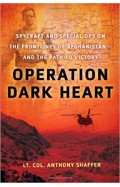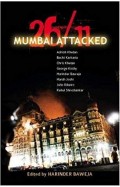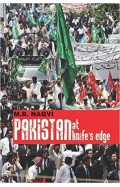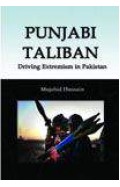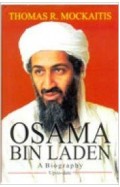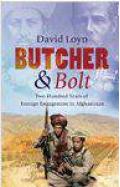After Such Knowledge
By: Eva Hoffman
-
Rs 300.00
- Rs 600.00
- 50%
You save Rs 300.00.
Due to constant currency fluctuation, prices are subject to change with or without notice.
We are offering a high discount due to slightly damage.
As the Holocaust recedes in time, the guardianship of its legacy is being passed on from its survivors and witnesses to the next generation. How should they, in turn, convey its knowledge to others? What are the effects of a traumatic past on its inheritors? And what are the second-generation's responsibilities to its received memories? In this meditation on the long aftermath of atrocity, Eva Hoffman- a child of Polish Jews who survived the Holocaust with the help of neighbours, but whose entire families perished- probes these questions through personal reflections, and through broader explorations of the historical, psychological, and moral implications of the second-generation experience. She examines the subterranean processes through which private memories of suffering are transmitted, and the more willful stratagems of collective memory. She traces the "second generation's" trajectory from childhood intimations of horror, through its struggles between allegiance and autonomy, and its complex transactions with children of perpetrators. As she guides us through the poignant juncture at which living memory must be relinquished, she asks what insights can be carried from the past to the newly problematic present, and urges us to transform potent family stories into a fully informed understanding of a forbidding history.
We are offering a high discount due to slightly damage.
As the Holocaust recedes in time, the guardianship of its legacy is being passed on from its survivors and witnesses to the next generation. How should they, in turn, convey its knowledge to others? What are the effects of a traumatic past on its inheritors? And what are the second-generation's responsibilities to its received memories? In this meditation on the long aftermath of atrocity, Eva Hoffman- a child of Polish Jews who survived the Holocaust with the help of neighbours, but whose entire families perished- probes these questions through personal reflections, and through broader explorations of the historical, psychological, and moral implications of the second-generation experience. She examines the subterranean processes through which private memories of suffering are transmitted, and the more willful stratagems of collective memory. She traces the "second generation's" trajectory from childhood intimations of horror, through its struggles between allegiance and autonomy, and its complex transactions with children of perpetrators. As she guides us through the poignant juncture at which living memory must be relinquished, she asks what insights can be carried from the past to the newly problematic present, and urges us to transform potent family stories into a fully informed understanding of a forbidding history.
Zubin Mehta: A Musical Journey (An Authorized Biography)
By: VOID - Bakhtiar K. Dadabhoy
Rs 525.00 Rs 1,050.00 Ex Tax :Rs 525.00
Myths Illusions and Peace: Finding a New Direction for America in the Middle East
By: Dennis Ross
Rs 985.50 Rs 1,095.00 Ex Tax :Rs 985.50
Operation Dark Heart: Spycraft And Special Ops On The Frontlines Of Afghanistan And The Path To Victory
By: Anthony Shaffer
Rs 2,025.00 Rs 2,250.00 Ex Tax :Rs 2,025.00
Anna Hazare: The Face Of Indias Fight Against Corruption
By: Pradeep Thakur
Rs 240.00 Rs 300.00 Ex Tax :Rs 240.00
How To Win A Cosmic War God Globalization And The End Of War
By: Reza Aslan
Rs 625.50 Rs 695.00 Ex Tax :Rs 625.50
No similar books from this author available at the moment.
No recently viewed books available at the moment.
Zubin Mehta: A Musical Journey (An Authorized Biography)
By: VOID - Bakhtiar K. Dadabhoy
Rs 525.00 Rs 1,050.00 Ex Tax :Rs 525.00













-120x187.jpg?q6)






